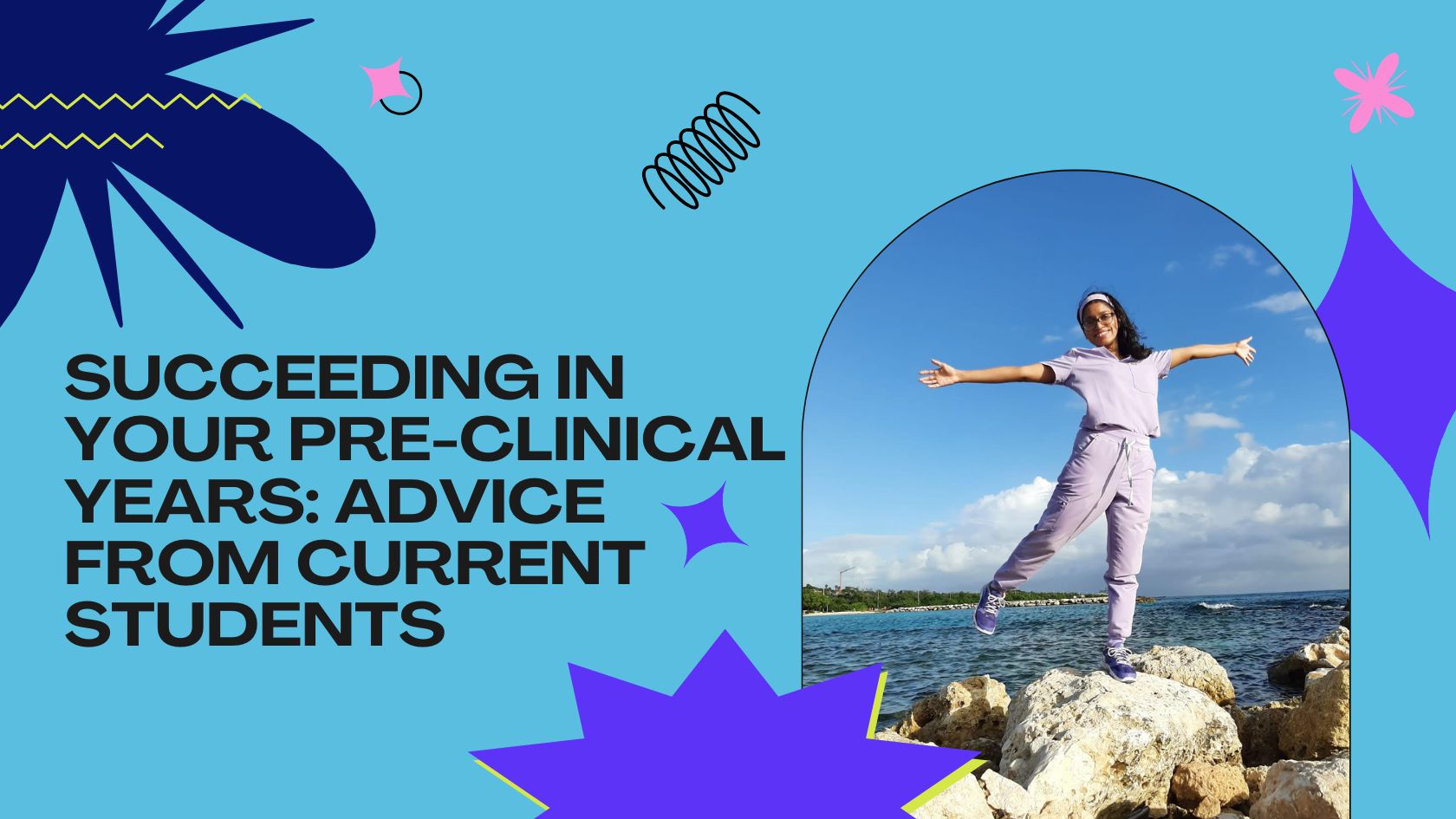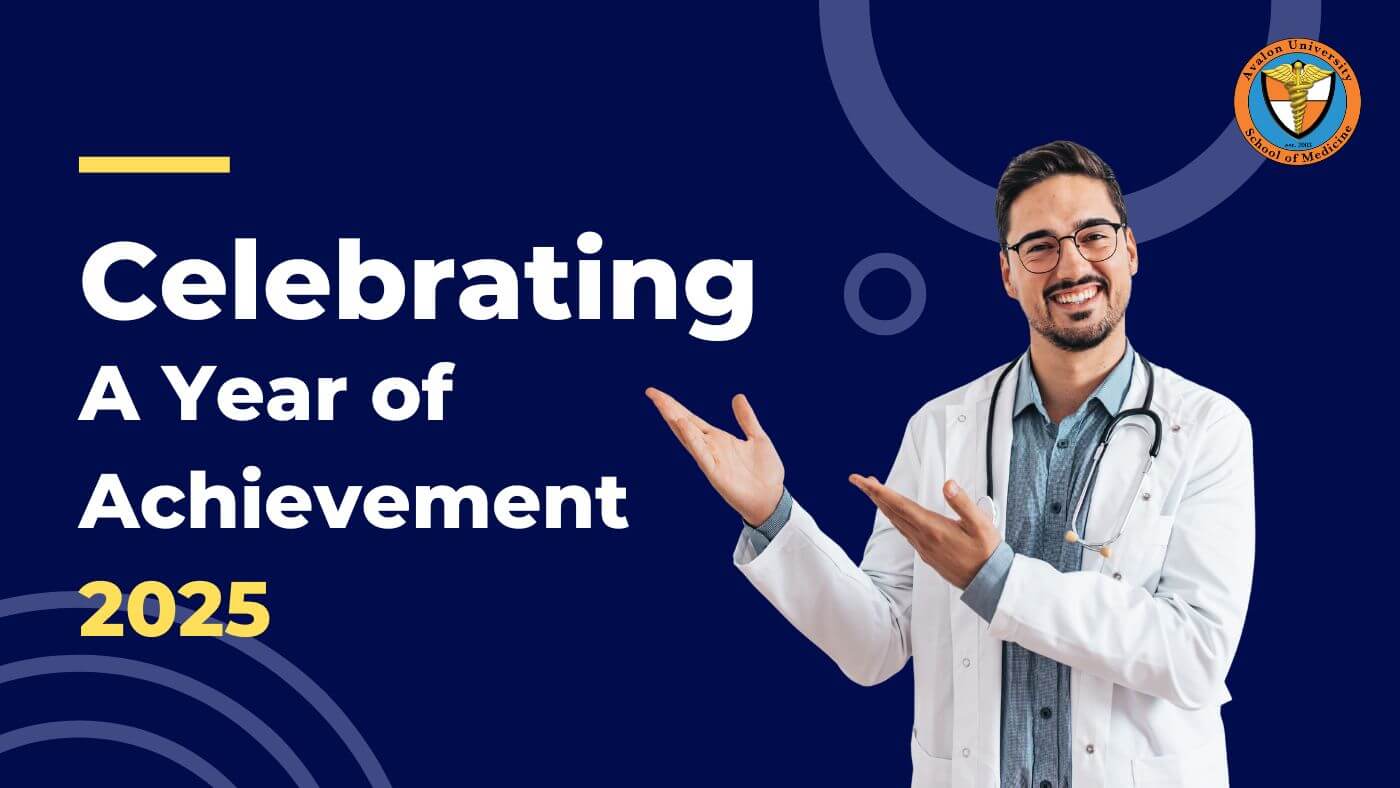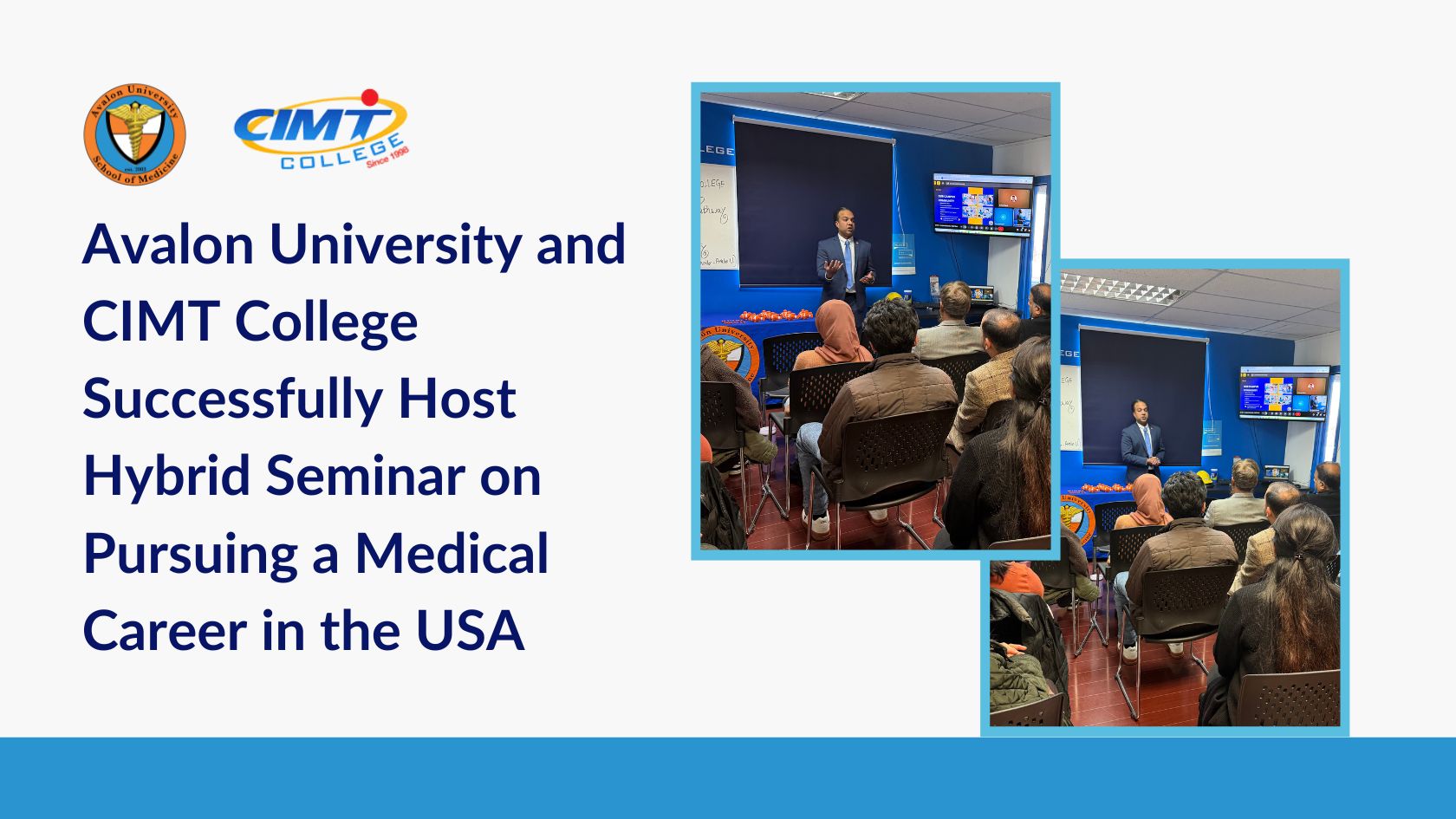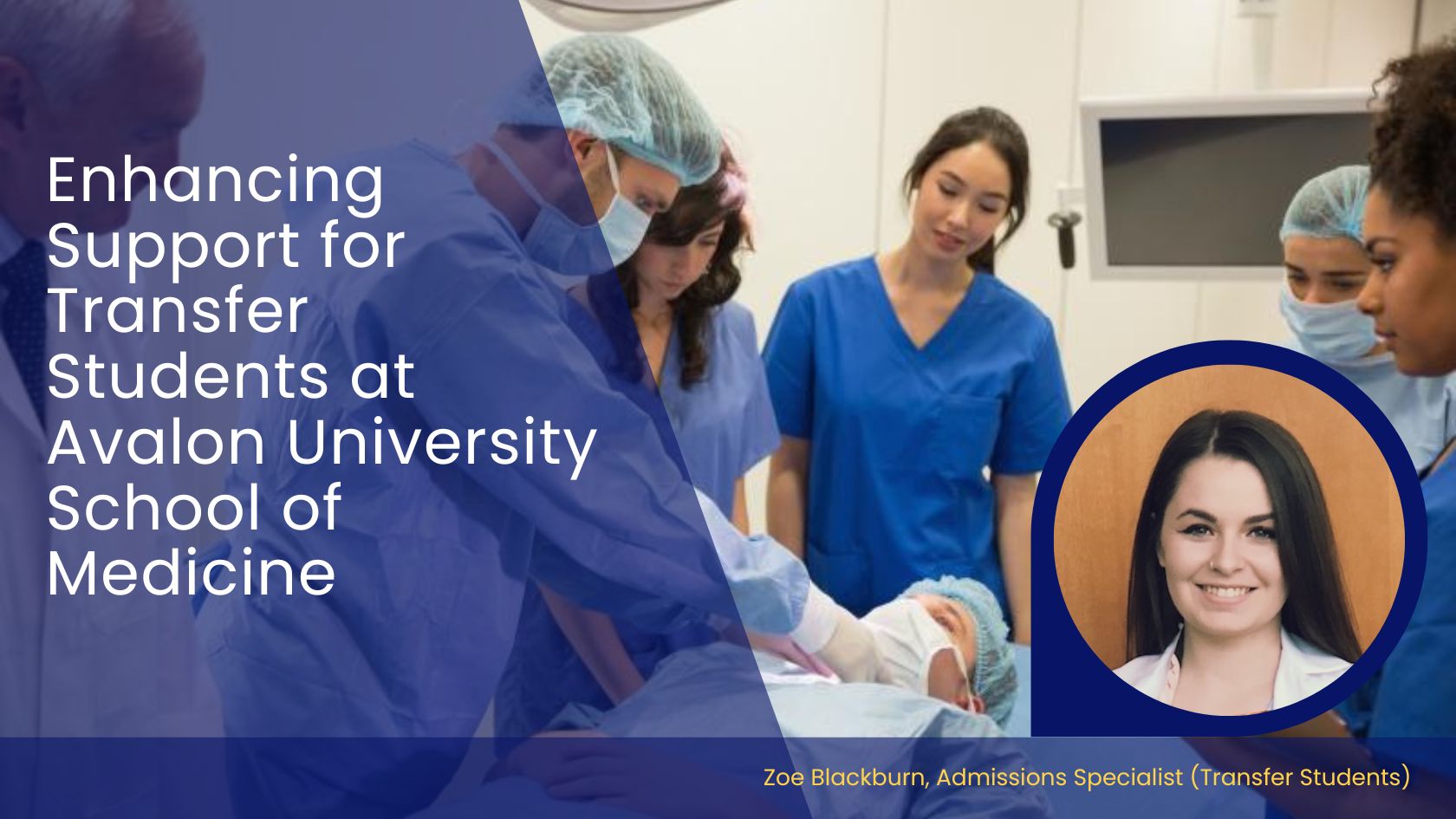Blog Author: Ruwangi Semage
Students entering medical school come from two pathways – the premed high school pathway or the post graduate bachelors pathway. The truth is you may have been an excellent student regardless of the pathway that led you here, but medical school is a different type of beast.
- The amount of content is overwhelming.
- The learning style is pure memorization.
- You simply aim to swallow as much as you can without indigestion.
- And the pace!
- It’s equivalent to a breakneck speed runaway train zooming along at 100 km/hr.
A lot of students are not ready for the mismatch between the pace of learning and amount of content.
Unlike in high school, where teachers teach you slowly, then provide homework to further understanding, then do a series of quizzes and finally give you a test at the end of the unit, medical students have to be self sufficient. You have to learn, understand, and apply content AND you have to do it quickly.
University may have let you take a giant gap between your 10am class and your 2pm class where you indulged in Netflix and sipped frappuccinos but med school is an all day back to back mental excursion.
Day 1 of class starts on level one of the treadmill at 0% incline. Slow, steady, almost too good to be true. Everybody loves orientation day.
Day 2 and you’re at level 12 on a 15% incline, gasping for your last breath and squinting through the sweat pouring off your forehead. I’d say “sorry” but I would just be apologizing for stating the facts.
Now the secret to surviving medical school is not included in that student handbook of yours. Luckily for you, here is a page out of my personal manual, as a student who has survived the first part of medical school. I call it – The Med School Guru Insiders Guide to Success.
Rule number 1: Healthy Body, Healthy Mind
Every single med student, within the first 3 weeks of starting class (and NO I don’t need a survey to prove this fun factoid) will complain about the loss of their eight hours of sleep. You can think of it as an induction into the journey of becoming a physician.
You want to start by establishing a strict sleep schedule where you go to sleep at the same time every day and wake up at the same time each morning. This is crucial because of those pesky morning classes that you DEFINITELY don’t want to snooze through. Adhering to a strict sleep schedule will let you know exactly how many free hours you have for study. This will, in turn, help set goals for which of your tasks can be completed in a given amount of time.
Next, during class hours, make sure to drink plenty of water.
I know you want to slosh down that double shot of espresso and sit in that hyper caffeinated bliss but don’t. Ensure that you’re staying well hydrated as this will help your learning in the long term.
Being on the island, it is very easy to forgo the signs of dehydration due to being in air conditioned rooms and out of the heat. To avoid getting headaches and feeling fatigued as the day goes on, ladies and gentlemen PLEASE drink your water.
Outside of the school day, take at least 30 minutes to indulge in some form of physical activity whether that is yoga, pilates, dancing, weight lifting, jogging, swimming etc. Do you and have fun while you’re at it.
You don’t have to be a med student to know that exercise is the holy grail. Physical activity will help to reduce stress, tire out the body for better sleep and take away from the mental overload on the brain. Exercise has also been shown to prune the neural pathways and improve learning of new content.
You should also set a schedule for cooking, grocery and laundry. Having specific days on which you do extra curricular activities helps you to be organized. It also makes sure you don’t show up to Monday’s physiology class in stinky scrubs.
Rule number 2: Early bird gets the worm
The art of ensuring you don’t forget the 6 to 8 hours of content that you learnt is to review it RIGHT AWAY.
Of course after a long day of lectures, you must give that poor brain a break. Go for a short walk, breathe in the fresh ocean air and let the wind tickle your face. How short is a short walk? About 15-30 minutes give or take. You can also allocate time for a short nap (20 minutes) to rejuvenate.
Now, here are some steps to take when you are reviewing the material you learnt that day:
- Step 1: First try to recall what you actually learnt without the help of any notes.
- Step 2: Then dive in and add to the notes you took in class or reorganize the key points off the lecture slides.
- Step 3: Next, be sure to learn some new content for the next day. This is known as “pre reading”. You can read over the lecture notes and make your own jot dots, read the textbook and highlight important sections, watch videos and do some memorization.
In order to keep the content you learnt fresh as well as make space for incoming knowledge, use a repetition recall system such as flash cards.
NOTE: You may need to use other resources (such as those provided by the university) to enhance your understanding of the material.
Rule number 3: The F in Fridays stands for fun
No matter what anyone tells you, rest is a vital part of enjoying your medical school studies and rejoicing in life. It is important to take it all in, but if you don’t slow down you will miss out on the small moments that will stay with you forever! Additionally, taking rest for the mind and body is an excellent way to reward yourself for a long week of hard work.
For me, during my time in Basic Sciences, Fridays were spent watching movies while eating chicken wings and winding down with a face mask. Give yourself time to relax on the weekend and make plans to go to the beach or take a hike. If indoor fun is more your cup of tea, take yourself for some well earned window shopping and ice cream at the mall.
The most important thing I want to add is that all of this seems incredibly easy on paper. Making schedules is far easier than following them. Putting in an alarm to wake up on time is far easier than actually waking up to it. And everybody in their mind is on a fitness trend but actively working out takes a whole lot of discipline. Therefore it’s essential that you tackle pre clinical one step at a time. As the saying goes “Rome was not built in a day” and you, as a medical student, will not be successful overnight.
What’s important is to keep pushing forward; even if you take the smallest of steps, you WILL make it from medical student to doctor.





